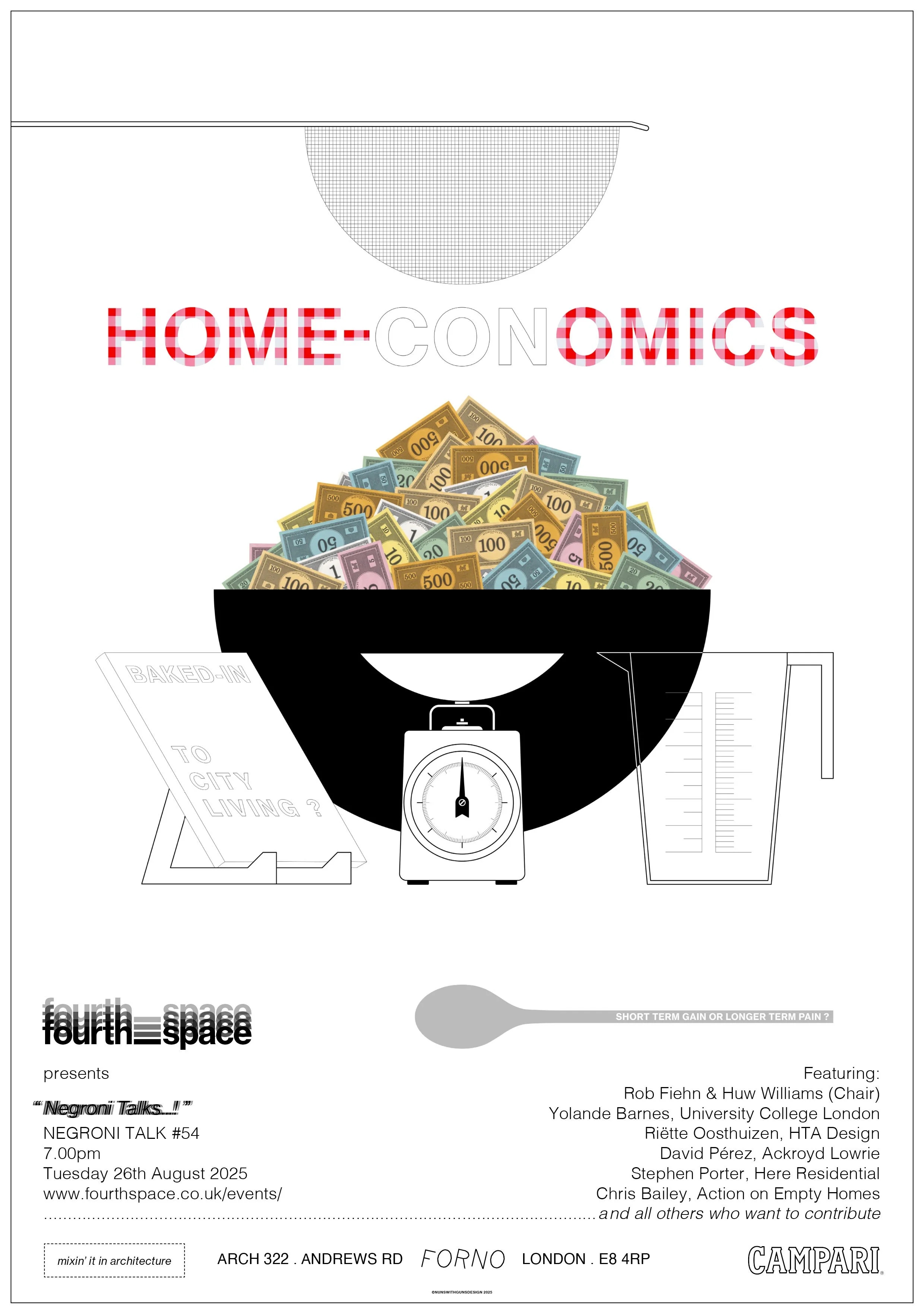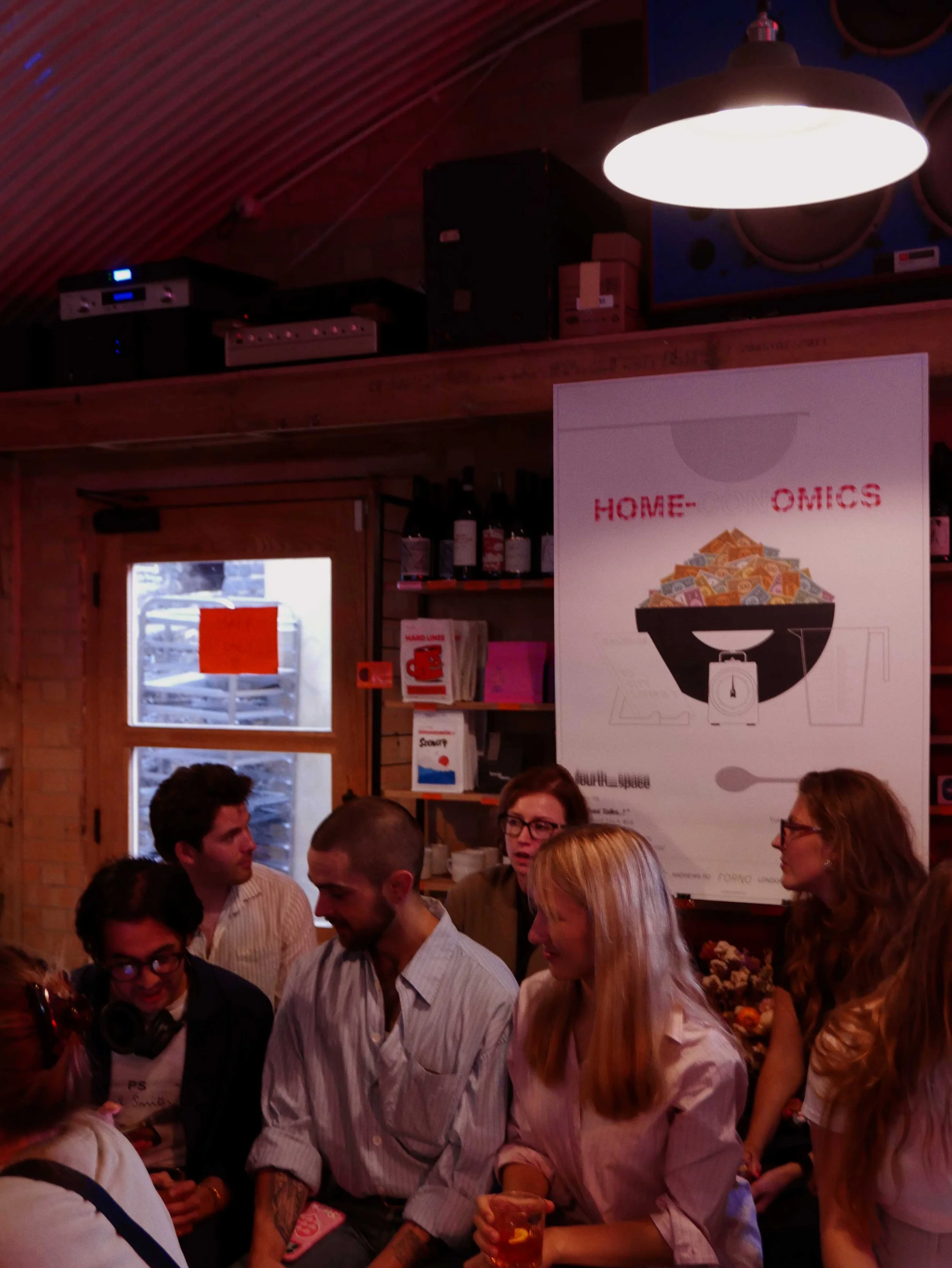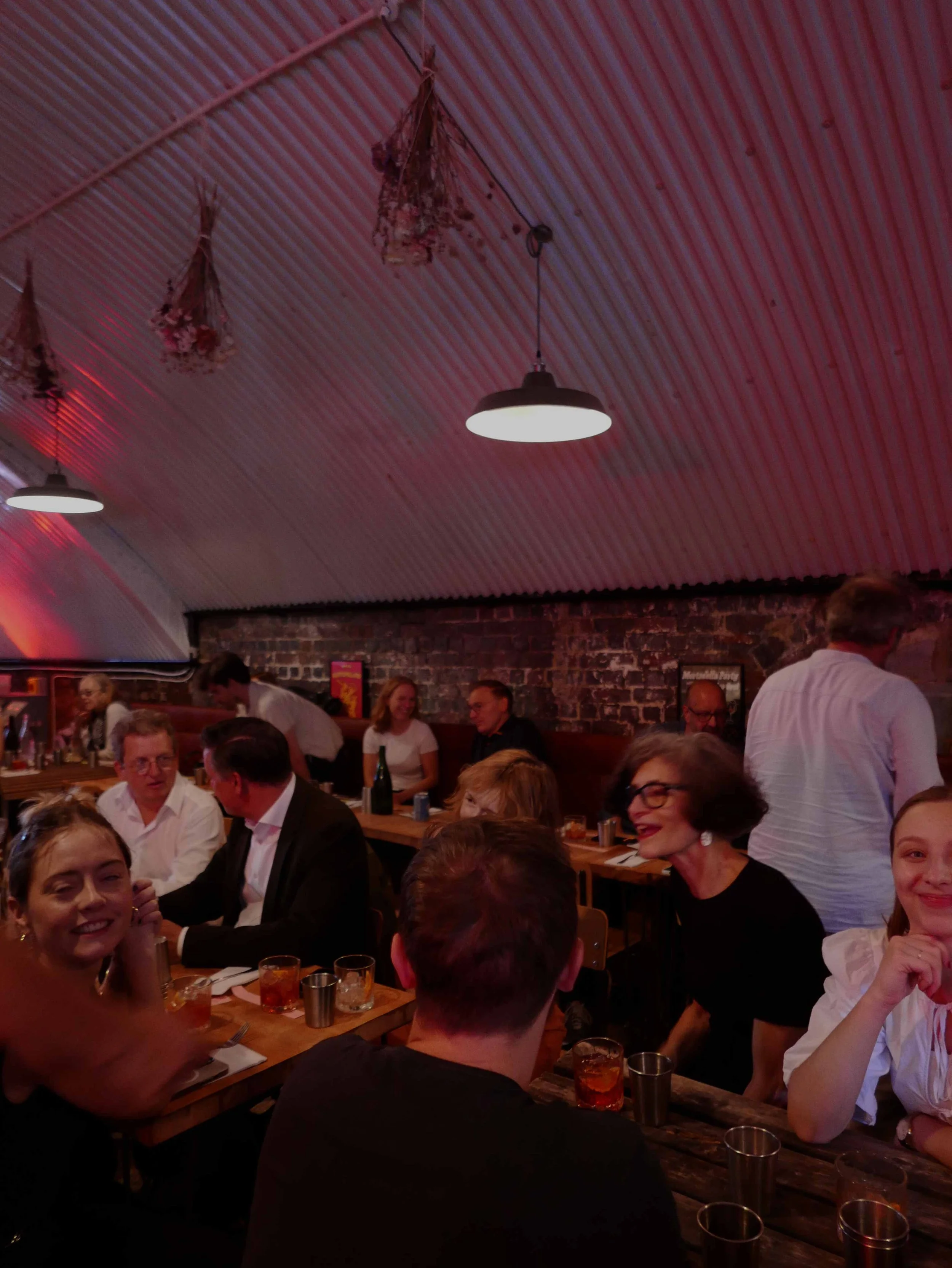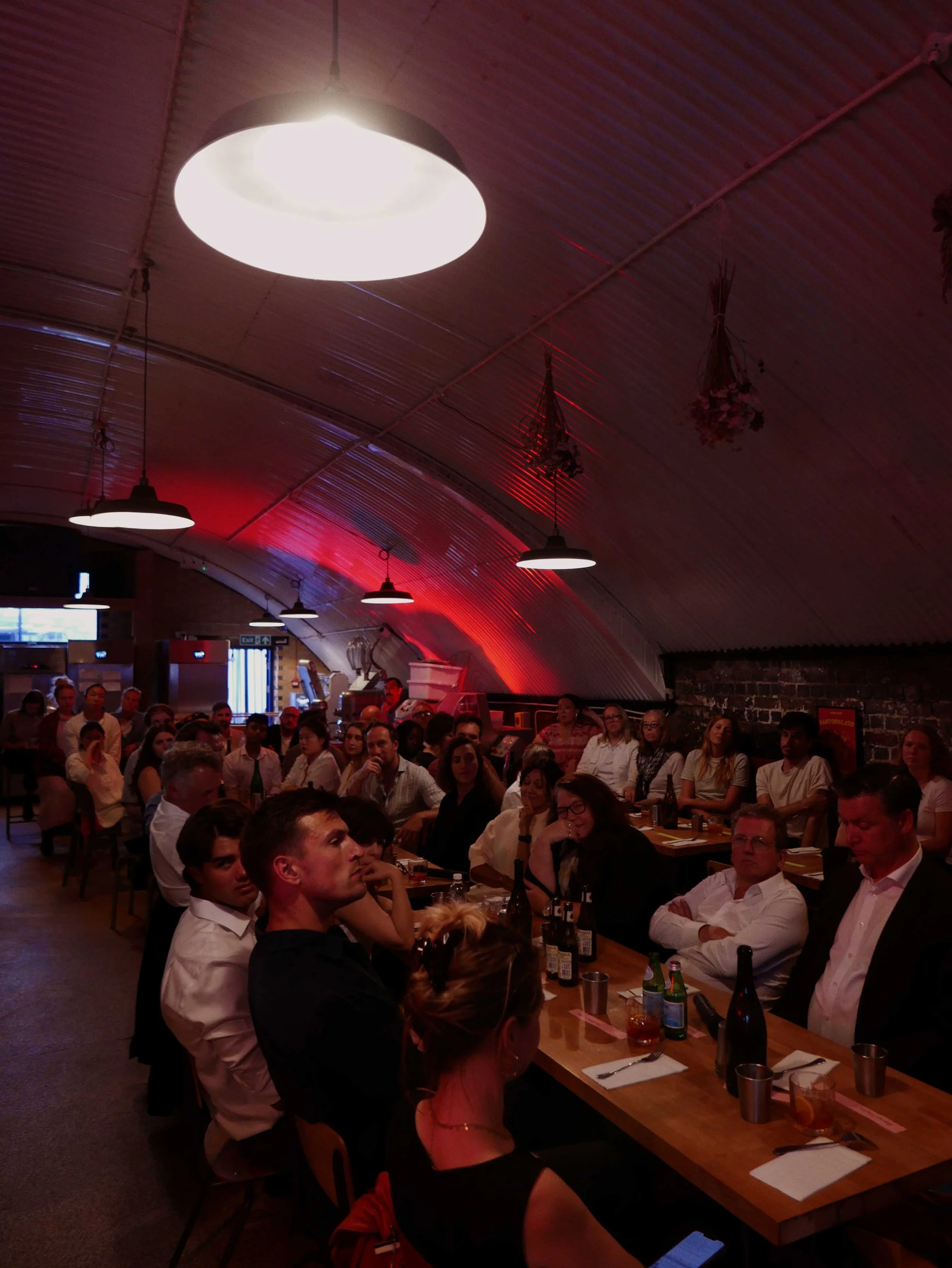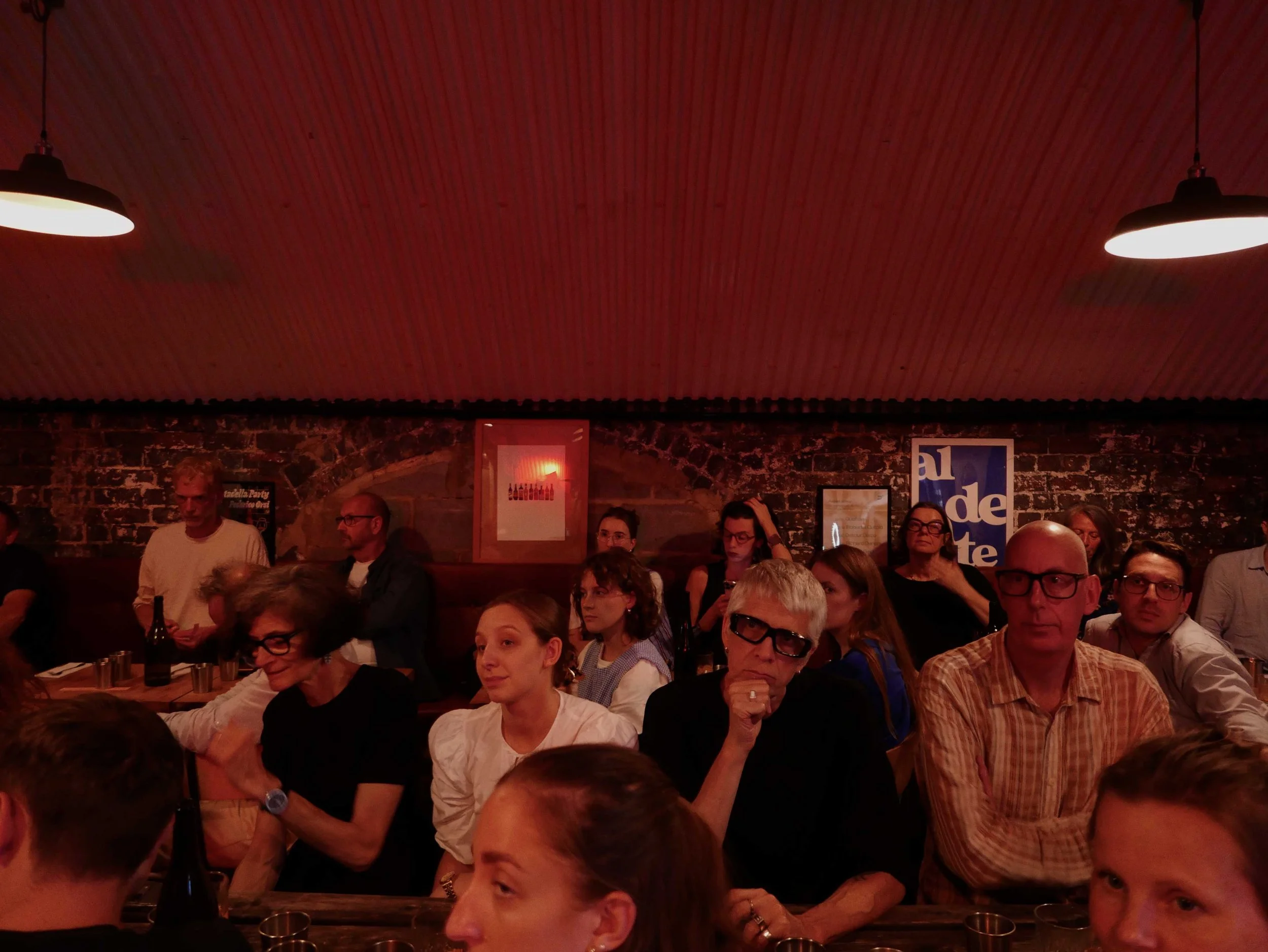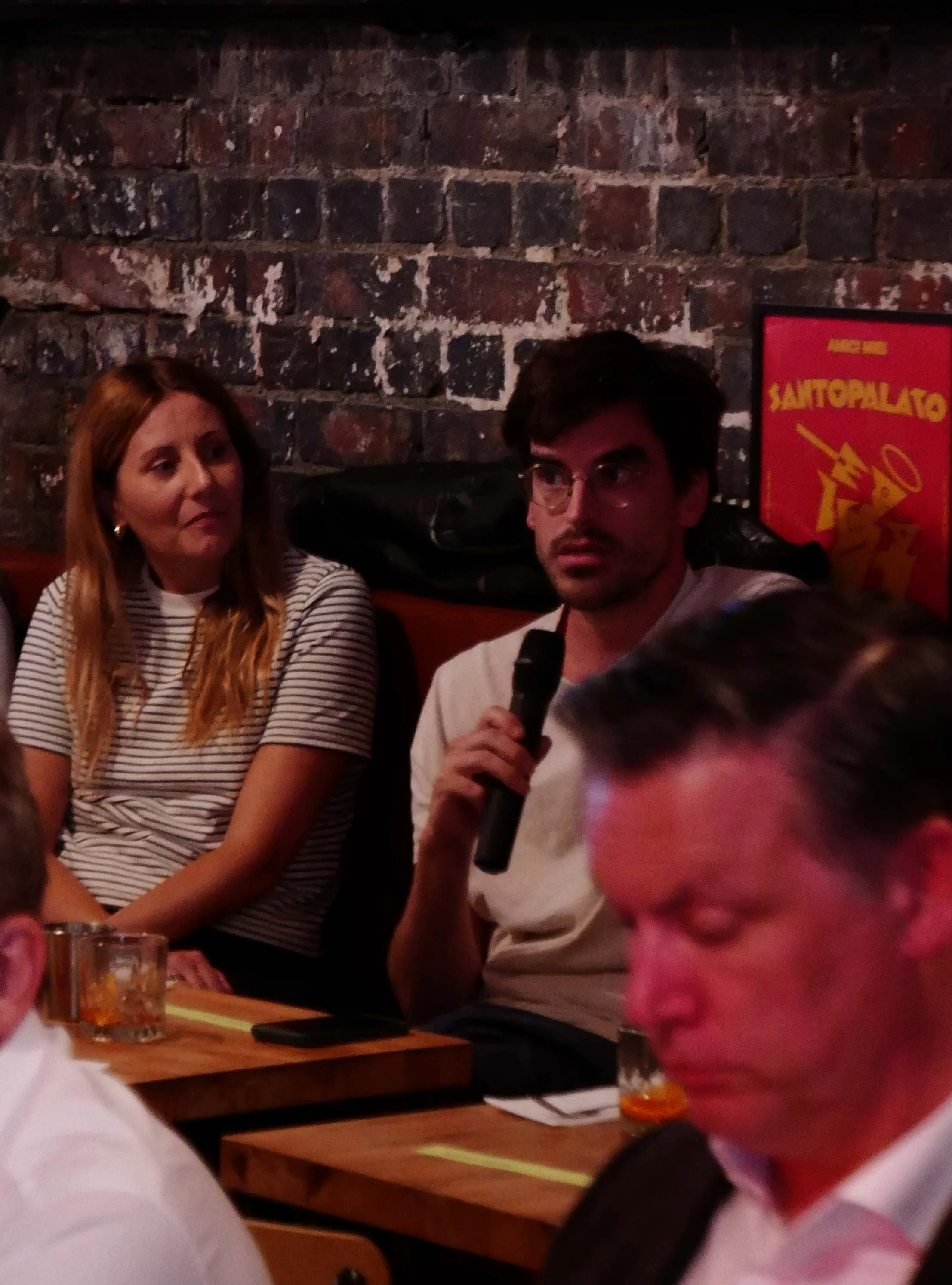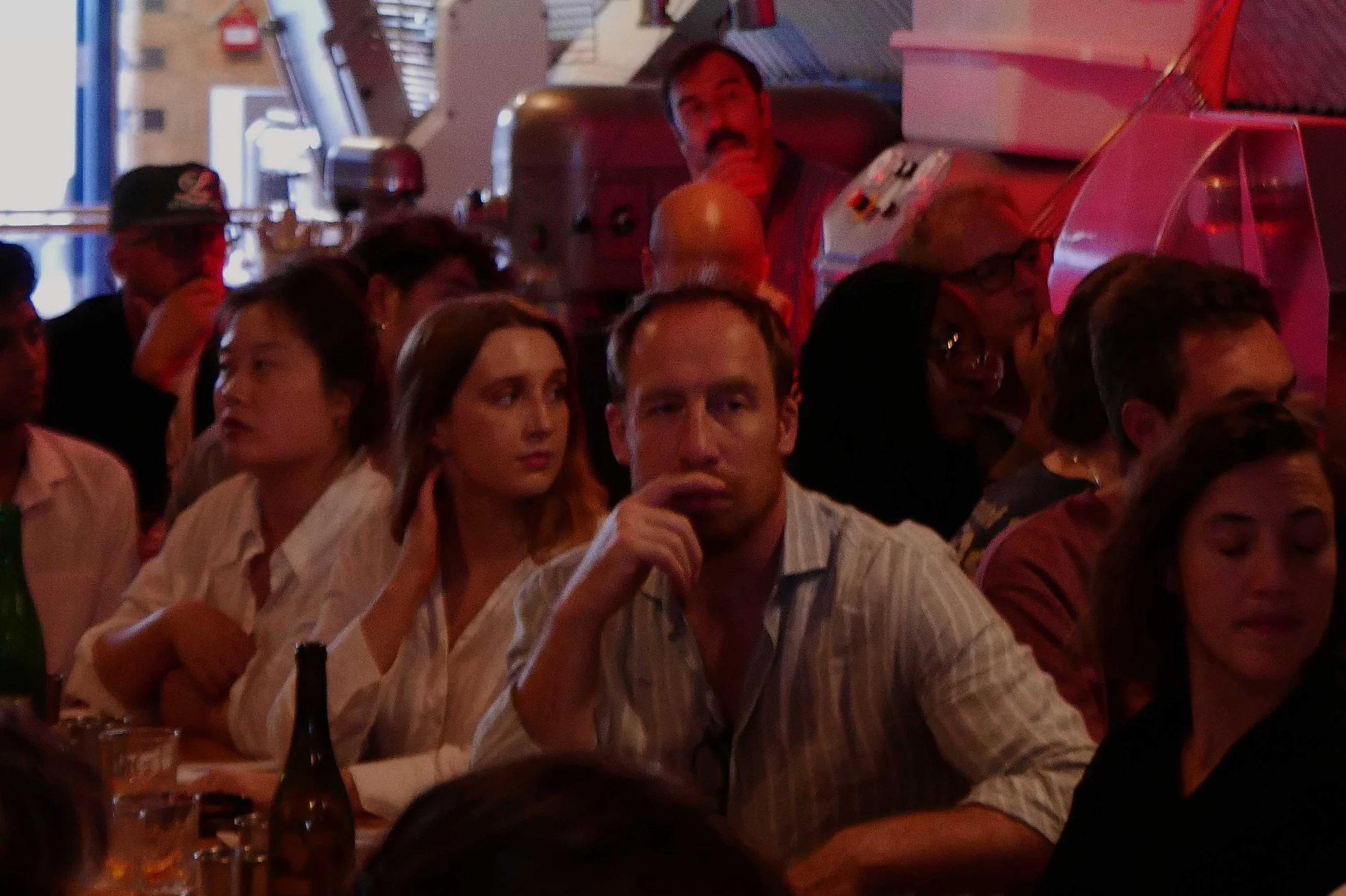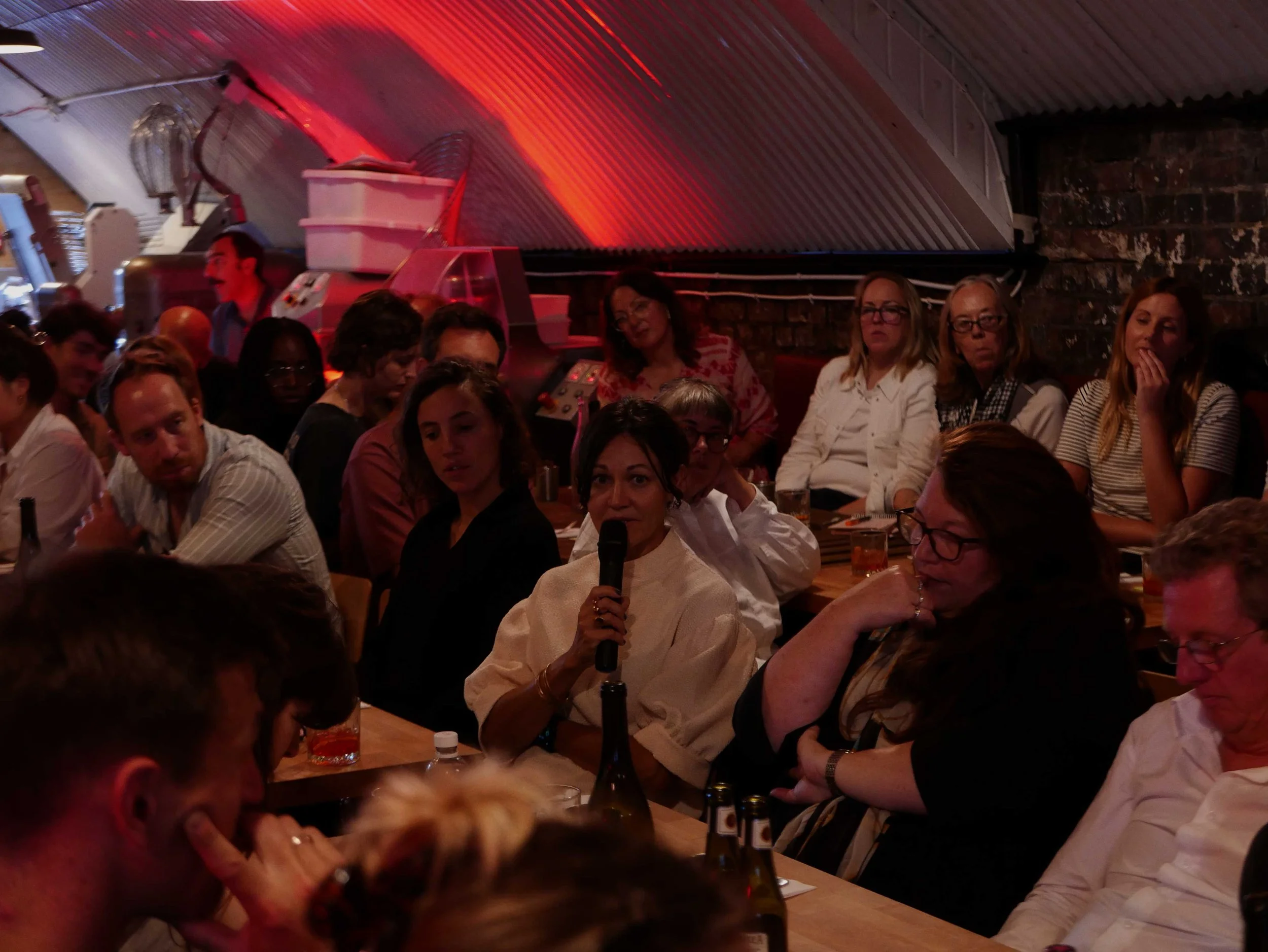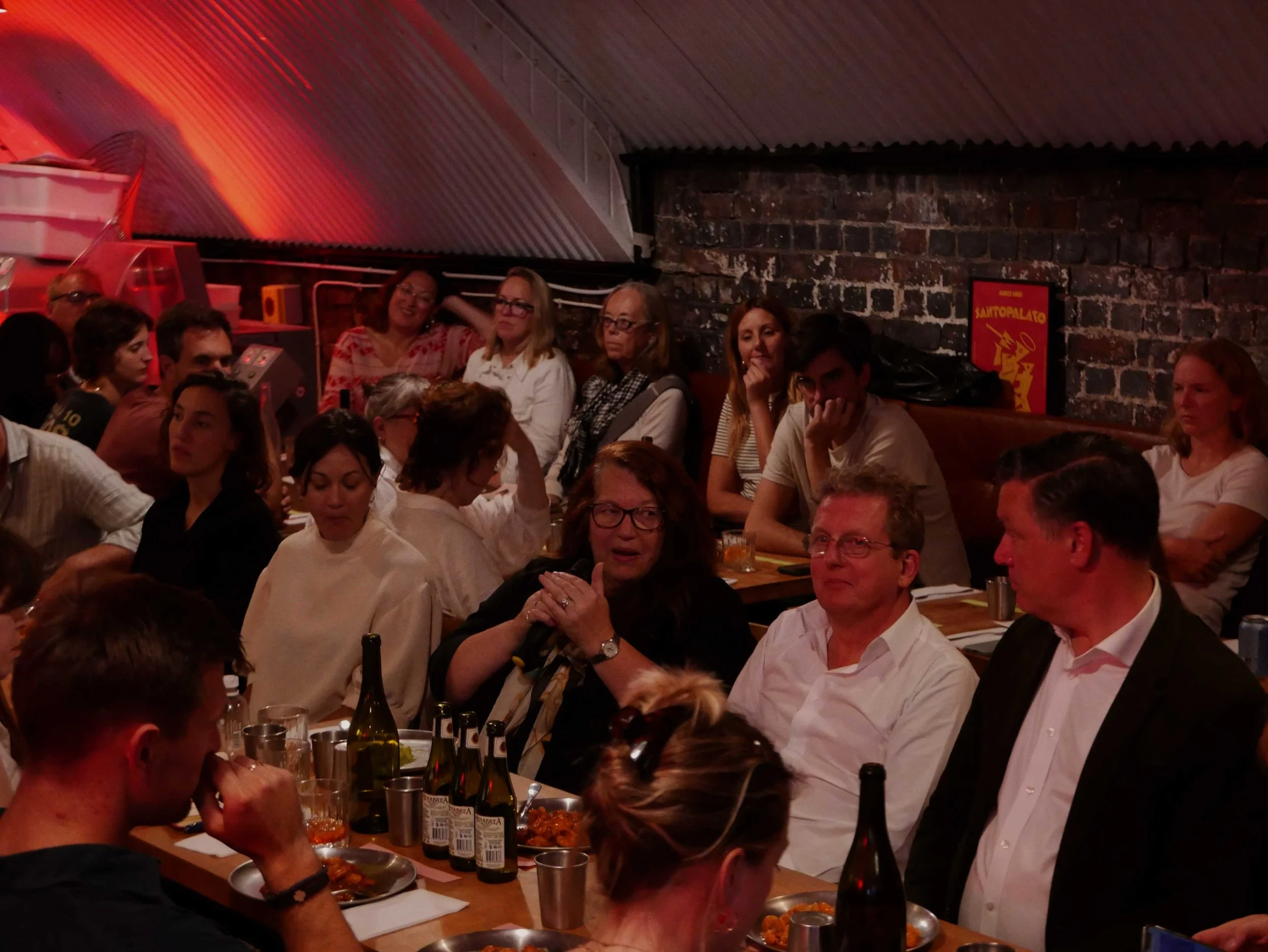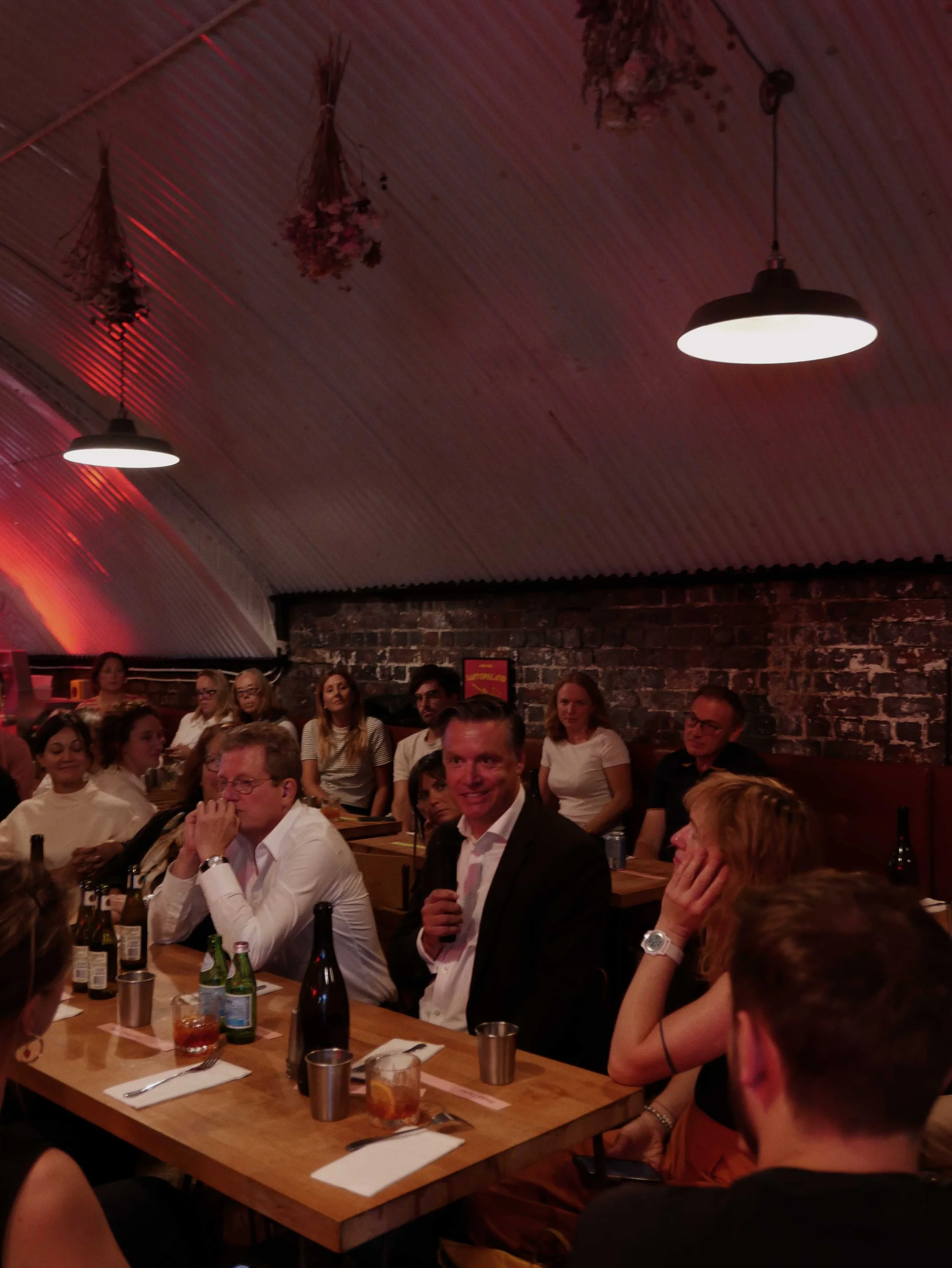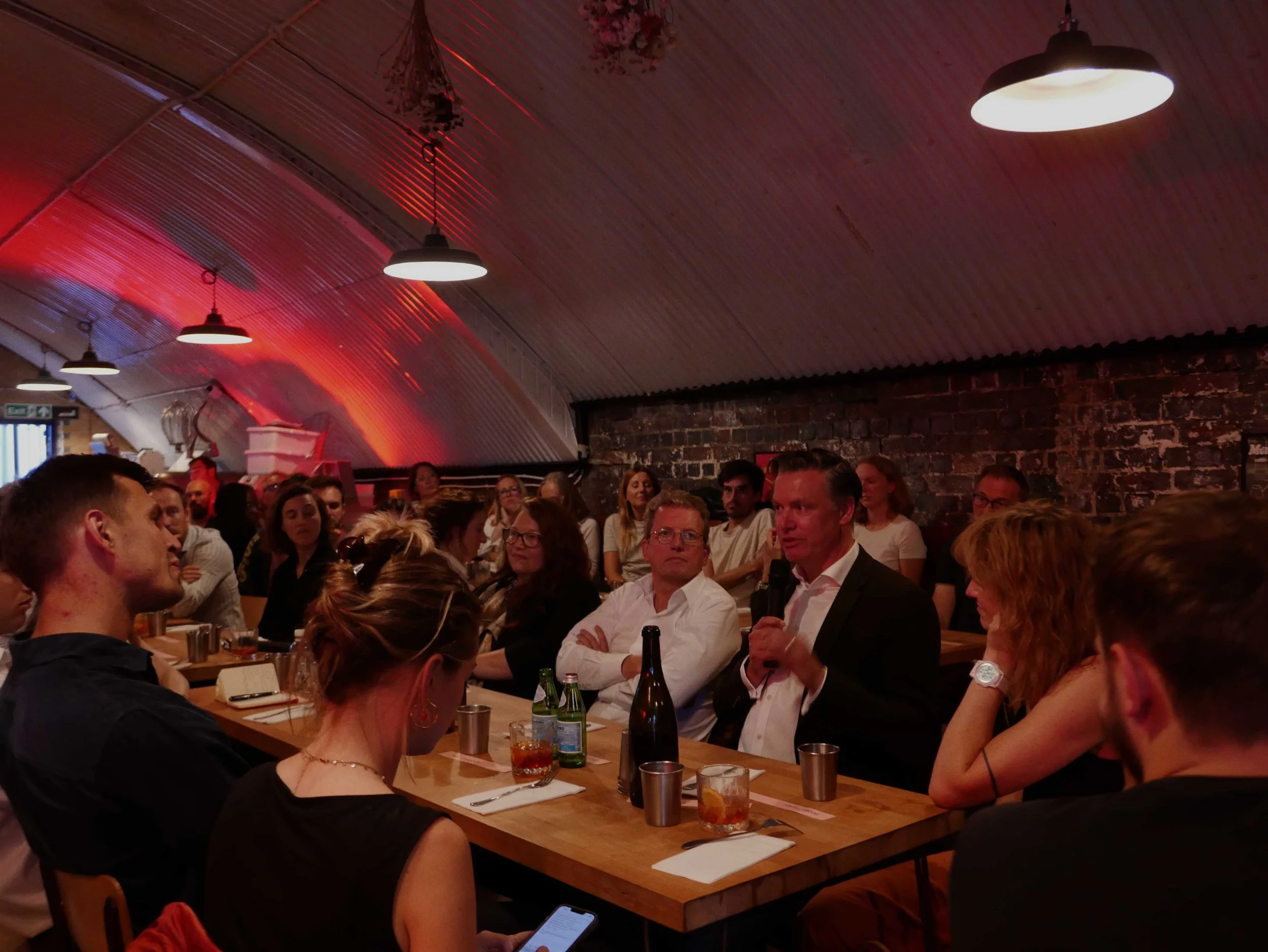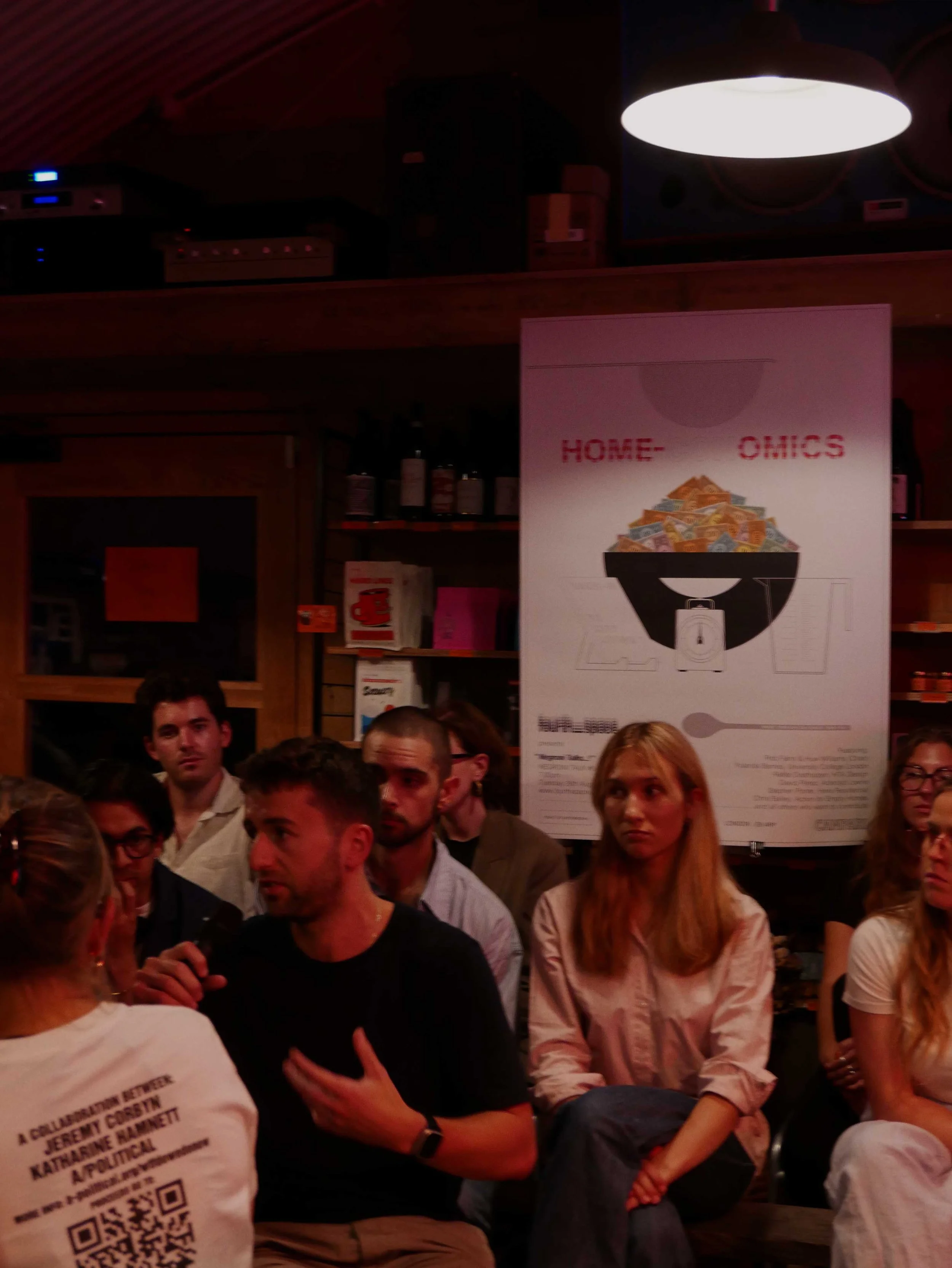Negroni Talks #54 - Tuesday 26th August 2025
Home Economics: Short Term Gain or Longer Term Pain?
The City has always maintained a duality as a permanent place of impermanence, with the perpetual comings and goings of buildings, people and concerns. Yet within this state of flux individuals of all backgrounds have consistently managed to find for themselves a sense of rootedness and community, despite the anonymity of strangers or how temporal the environment may be.
However, there is an increasing sense that the modern city is failing to provide for many of its residents and that in the competitive global marketplace, it has concentrated more on making itself attractive for the foreign investor and the tourist dollar. With regulation and restriction seen for decades as detrimental to economic prosperity, has civic governance around the world ignored the costs of living in the city for its own citizens?
We’re witnessing a profound shift in how urban housing is conceived, valued and occupied, which is raising urgent questions about equity, belonging and the future of neighbourhood. Airbnb exemplifies how much homes have been turned into a highly profitable commodity, whereby the urban realm is being reshaped to suit the needs of the temporary occupier on a permanent vacation. As landlords, investors and developers chase commitment free and easier made profits, the traditional notion of the home as a stable, secure and private sanctuary is giving way to something far more precarious. This model of housing is no longer seen as good for business, so build to rent, short-term tenancy’s, co-living and student housing abound.
Recently, in reaction to these trends, cities such as Barcelona have begun to fight back, phasing out short-term lets by 2028 in a bid to rescue housing from the grip of tourism. In New York, a de facto ban on most Airbnb’s has led to a dramatic drop in listings, but with little sign that general housing affordability has improved, prompting a deeper reckoning with the structural forces at play. Meanwhile, in the UK and beyond, housing benefit claimants and asylum seekers are expensively warehoused in hotels and B&B’s – the extreme end of a system built around temporary occupation.
What does it mean when our built environment is designed as an asset that needs to extract as much money from people as possible? Can we create neighbourhoods that are affordable and truly lived-in when homes are treated first and foremost as revenue streams? And how has this shift altered the role of the architect, planner and policymaker; forced to design for churn rather than community?
The lifeblood of a city relies on all demographics of society and those millions of day-to-day transactions that people make through organisations, professions, services, institutions and the arts, in which everyone offers their contribution toward the culture of a place. So where is the offer of ‘the fairly-priced’ in today’s housing system? And what kind of city are we really building when no one can afford to stay?
Featuring:
Rob Fiehn & Huw Williams (chair)
Yolande Barnes, University College London
Riëtte Oosthuizen, HTA Design
David Perez, Ackroyd Lowrie
Stephen Porter, Here Residential Chris Bailey, Action on Empty Homes and all others who want to contribute…..
On the night….
Photos: Rob Fiehn (view from the chair)

